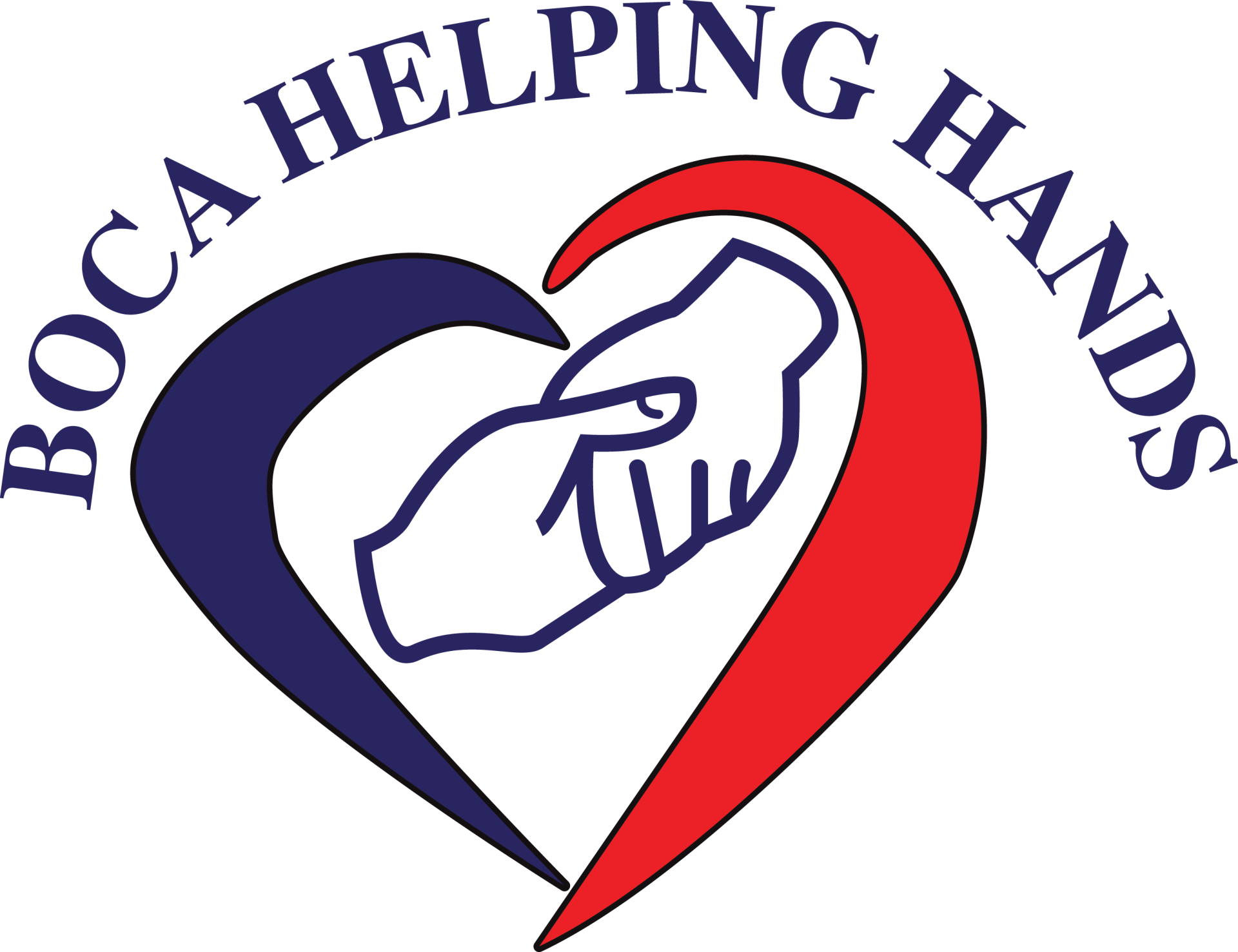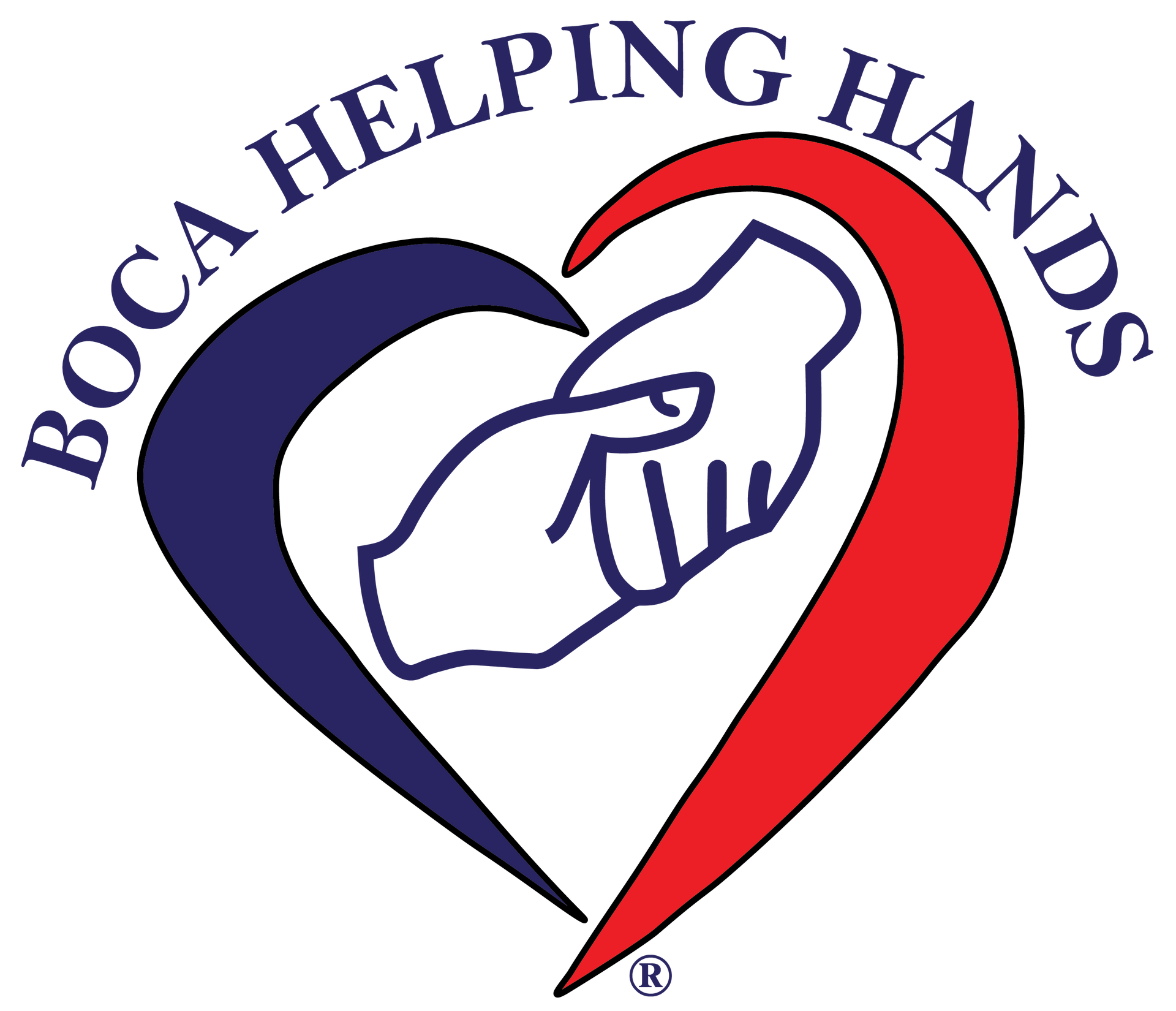Coronavirus pandemic leaves residents struggling to pay rent, meet basic needs
Stay away from people. Eat nutritious food. Rest at home.
This is the advice Taquana Matthews knows to follow as she navigates treatment of her stage 3 breast cancer.
The advice would be simple were it not for the fact that Matthews is unemployed and has no money. Matthews, a Riviera Beach resident, had been working as a truck driver when the coronavirus pandemic hit in March. She managed to keep working until July, when a painful lump in her left breast led her to the hospital and the diagnosis of invasive breast cancer at age 41. Due to her weekly chemotherapy treatments, and the prospect of surgery and radiation next year once the tumor has shrunk, Matthews cannot drive trucks and be away from treatment for any length of time.
She cannot work at all, in fact, because her body is so weakened by chemotherapy she must take weekly shots to boost her immunity. This condition makes her especially vulnerable to exposure to people who may have the coronavirus and spread it to her.
While her cancer treatment is covered by Medicaid, Matthews doesn't have money to pay all her bills, including her car, rent and food.
How is she hanging on?
"By a thin thread," Matthews said.
Matthew's story is the lesser-known fallout from the coronavirus pandemic, which has gutted the economy and killed into the hundreds of thousands. As of Saturday, the disease has killed more than 230,000 Americans, including 16,969 in Florida and 1,612 in Palm Beach County.
While some people have been able to return to jobs after government shutdowns were lifted, others quietly continue to struggle with unemployment, underemployment, or a loss of savings to cushion emergencies that can, and will, come up.
The coronavirus pandemic is a new disaster, but life's other catastrophes still happen to people every day, regardless of income, race or gender. The combination of these events only heightens the struggle by Palm Beach County residents to meet their most basic needs for food and shelter.
With federal and state emergency assistance programs expired, and most rent and utility payment moratoriums ended, non-profits in Palm Beach County are trying to help an increasingly desperate and overlooked population.
"The dramatic part of the story might have worn off, but we're still in the slog," said Greg Hazle, executive director of Boca Helping Hands. "People have months of accumulated unpaid bills coming into our program."
The Boca Raton non-profit's main mission is providing food, plus job training and some financial help. Food demand soared early during the pandemic, but now help is being sought to pay rent and utilities, Hazle said.
As the pandemic drags on into its ninth month, with no end in sight, temporary public health measures to slow the spread of the virus have been lifted. This has resulted in a rebound in the number of new cases, further threatening the still-fragile economy.
When the coronavirus first hit in March, the federal CARES Act helped cushion the pandemic's effect on the national and local economy. Among other things, the Act provided employers with money to pay workers through the Paycheck Program, and also gave workers a one-time $1,200 payment.
With federal stimulus programs and enhanced state unemployment payments ended, however, safety nets have disappeared.
So have moratoriums on the shutoff of utilities.
FPL began disconnecting customers for non-payment on Oct. 1, but the giant electric utility said it still has been able to keep the power on to most customers. This is due to waivers of late fees, payment plan workouts for past-due bills and a one-time $200 credit on accounts, spokesman Chris McGrath said.
Meanwhile, a state moratorium on evictions ended Sept. 30, leaving only the federal eviction freeze in place through yearend. But the federal moratorium is not automatic, like the state measure was. The federal action requires tenants to take affirmative steps to document why the pandemic has affected their ability to pay rent.
In Palm Beach County, non-profits are scrambling to meet the growing needs of residents facing homelessness and hunger.
These issues may not fall under the core mission of many charitable groups, but they nonetheless are becoming a priority as the tentacles of the coronavirus continue to choke every aspect of life.
In Matthews' case, the Susan G. Komen breast cancer organization stepped up not only to help guide Matthews with her medical care but also to help pay rent and other bills, through Komen's Treatment Assistance Program.
The Komen Treatment Assistance Program used to be confined to medical needs associated with cancer care, said Kate Watt, regional vice president for the Southeast. Now the program is being used to help cancer patients pay for food, rent and utilities.
"More people are losing their jobs, which means more people don't have access to insurance. And the need for financial assistance has been huge for us," Watt said.
Patients who were in the middle of cancer treatments and then lost their jobs and insurance are weighing whether to continue treatment or pay for food and housing.
"It's heartbreaking," Watt said.
"This virus is diabolical in the way it affects people," said Boca Helping Hands' Hazle, noting the virus' effect on people's health and the economy.
Given Palm Beach County's heavy emphasis on tourism and hospitality, rising coronavirus infection rates spell continued trouble for the job market, Hazle warned.
"Restaurants can be open all they want," Hazle said, "but if you don't have the demand, you're not going to be able to keep workers employed."
Adopt-a-Family, a non-profit that works to keep families out of homelessness, is bracing for a wave of new clients facing months of back rent from landlords freed from eviction moratoriums.
Most people simply cannot afford to pay thousands of dollars in past due rent, even if people are working, albeit sometimes at reduced hours, said Matt Constantine, Adopt-a-Family's chief executive.
"People are saying, 'How am I going to come up with all this money?' " Constantine said.
Under typical circumstances, Adopt-a-Family might be called upon to help pay one month's rent of about $1,500 to $2,000.
"But now we're seeing cases where the need is $6,000 and $8,000 for months of rent that folks are behind on," Constantine said.
One of the families Adopt-a-Family is helping is the Clerizer family of West Palm Beach.
Janice Clerizer said she had a good job working as a cashier at a Broward County-based casino. When the pandemic hit in March, the single mother, who was pregnant at the time, was laid off.
Clerizer said she worked odd jobs for Lyft and Instacart, all the while worrying about catching the coronavirus and endangering her health, the health of her unborn baby and her two other children.
"You're worried about bringing it home to your kids, and I was frazzled because I've got to make money, too," Clerizer said.
In desperation, she called the 211 helpline, which connects callers with non-profits and social assistance programs. She was put in touch with Adopt-a-Family, which helped her with the rent. Adopt-a-Family also helped her obtain diapers, and is helping arrange childcare, too.
Clerizer's son was born healthy in August. These days, Clerizer is home-schooling her four-year-old, while finishing an online degree to become a teacher.
Clerizer, a self-described "fighter," prides herself on being independent but is grateful for Adopt-a-Family's assistance.
"They're my second family," she said.
Matthews also is grateful to Komen for its help. Like Clerizer, she said she is used to being self-sufficient.
Matthews said she's worked since she was 16. At times, she has worked 70 to 80 hours a week because that's the way her father raised her.
"If I need something, I go out and work," she said.
But she said Komen officials assured her it's OK to ask for help.
"It's made me see things differently," she said.
For Matthews, something as simple as needing to keep the electricity on and the air conditioning running is critical to helping her manage her symptoms after chemotherapy treatments.
And while a healthy meal is vital to helping cancer patients fight the disease, food is a big problem for patients. A person's sense of taste can change during treatments, and some patients can't afford to buy food they think they might want to eat, Koman's Watt said.
One cancer patient struggling financially had only been able to afford to make pancakes. "Pancakes," Watt repeated.
With help from Komen, the patient was able to buy ingredients to make a pot roast, "the only thing that sounded good to her," Watt said.
Matthews said she lost too much weight for her doctor's liking, but she was able to regain some weight with the help of protein shakes.
When she could afford them.
Matthews said her doctors tell her she's making progress in her treatment as she prepares for surgery next year.
But this former truck driver, who once had the stamina to drive hours on distant highways, is matter-of-fact about her situation. She knows the journey through these physical and economic disasters is far from over.
"It's a long road," Matthews said. "But I've got to keep going."





